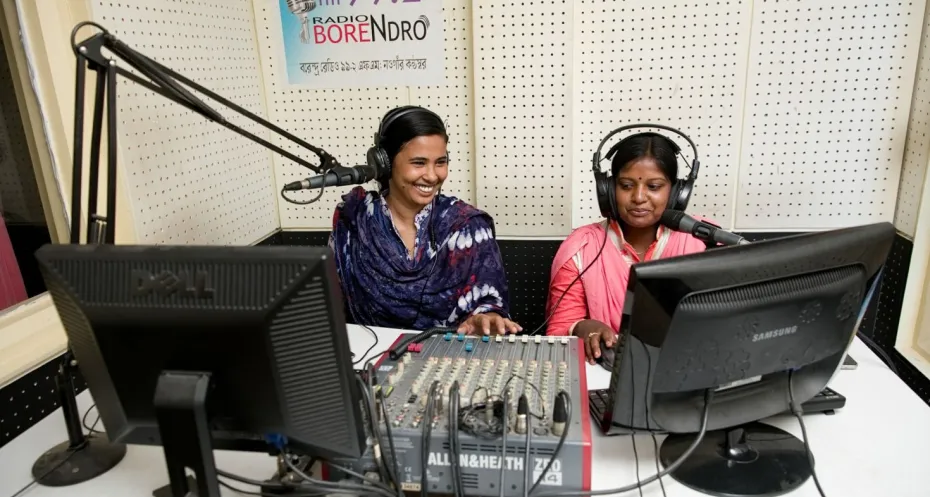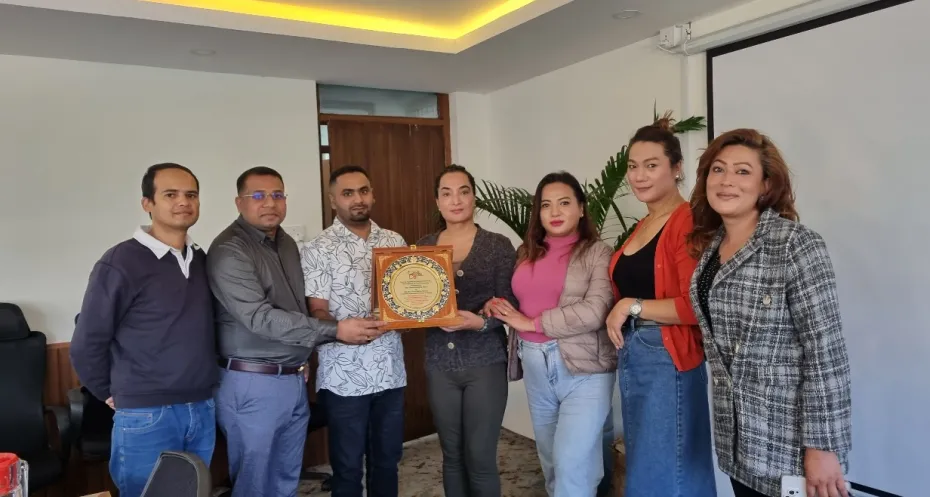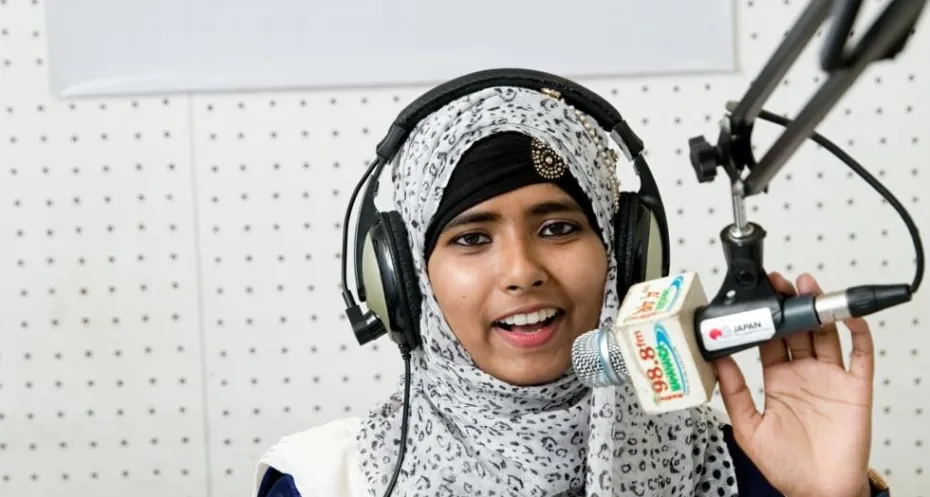Research shows insight in impact gender representation on media viability

Gender inequality, sexual harassment, and insufficient representation persist as entrenched structural challenges within media organisations worldwide. These issues are particularly acute in contexts of Bangladesh, Ethiopia and Sierra Leone where Free Press Unlimited's 'Protecting Independent Media for Effective Development' (PRIMED) programme operated. As part of PRIMED we researched the impact of gender representation on media viability. The results were presented in a workshop on 28 February.
PRIMED’s learning question in relation to gender equality is: What business and management models/organisational and team structures, competencies, and processes have the potential to improve gender equality in the workplace, gender sensitive programming, and engagement with diverse audiences?
Our research aimed to shed light on the potential linkages between improved gender representation in the workplace and enhanced media resilience and viability, an area that has been under explored. We examined how prioritising gender issues in media coverage can broaden audience engagement and trust, potentially leading to improved revenue streams.
To tackle the learning question, Free Press Unlimited worked with nine partners and zoomed in on the experiences of three media partners within the PRIMED programme: Gramer Kagoj, a regional newspaper in Bangladesh; ARTS TV, an independent TV station in Ethiopia; and Classic Radio, a small broadcaster in Sierra Leone.
Each of these partners planned to work on specific initiatives aimed at addressing workplace gender equality, producing more gender-sensitive content, and diversifying their audiences to be more inclusive, especially towards women. Our analysis indicates that a comprehensive approach, tackling gender representation across all three areas simultaneously and employing a combination of strategies, significantly enhances the chances of progress. While certain strategies prove more effective than others, the progress observed cannot be attributed to any single intervention but rather to their combination.
Key insights
Key insights highlight the importance of clearly defining gender goals and implementing practical initiatives to effect meaningful change. Leadership commitment emerges as a crucial factor, with dedicated schemes to diversify the talent pool proving effective in improving workplace gender representation. Strategies such as the BBC's 50:50 Project, which involves regular self-monitoring of content for gender balance, show promise in enhancing gender representation in programming.
Moreover, understanding the needs and interests of women audiences is paramount in improving gender representation among viewers. While the analysis identifies various strategies deployed by PRIMED partners towards this end, it also acknowledges challenges in developing cost-effective audience research approaches, particularly for smaller or resource-constrained media outlets.
For its analysis, Free Press Unlimited benefited from country-specific reports on gender (in)equality in Bangladesh, Ethiopia, and Sierra Leone. Additionally, Free Press Unlimited conducted gender desk research on existing strategies to foster gender equality in media environments. These efforts informed the identification of potential tools and approaches, including the diversity engagement approach, which prioritises inclusivity across all facets of media activities.
All these sources allowed Free Press Unlimited to assess the progress made against initial plans and goals and extract specific lessons. The main findings were then compared to draw programme- and sector-wide conclusions and recommendations. While financial gains and profits act as motivational factors, the 'business' rationale extends far beyond monetary advantages. Some interventions have broader impacts, helping mainstream gender considerations into organisational processes, enhancing overall sustainability and success.
Drafting new strategies
Specific strategies applied by PRIMED partners included gender-sensitive human resources management, dedicated schemes to diversify the talent pool, gender champions, gender-sensitive editorial guidelines, gender content monitoring, and improving audience understanding and engagement. These strategies collectively contribute to creating more inclusive and representative media landscapes in their countries, aligning with broader efforts to promote gender equality worldwide.
Read the lessons learned on gender from the PRIMED programme:



